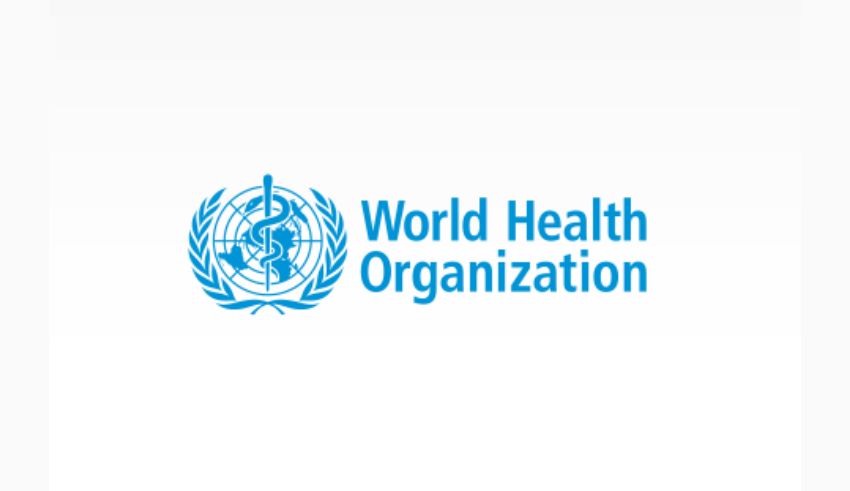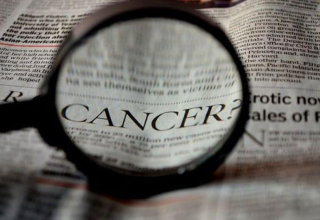
Particularly in Africa, the World Health Organisation (WHO) has issued a warning on a definite rise in mpox cases. WHO Director-General Tedros Adhanom Ghebreyesus convened an emergency committee in response to the developing outbreak to assess the situation and decide if it fit under Public Health Emergency of International Concern (PHEIC).
Create the mpox case
The expert panel decided to meet following hundreds of deaths and thousands of recorded cases of mpox arising in the Democratic Republic of Congo (DRC). The virus has also found its way to surrounding countries, which begs questions over its likely worldwide spread. New case studies from nations including Uganda, Rwanda, and South Sudan have raised growing regional epidemic issues.
Whose responsiveness is this?
Comprising eminent doctors and epidemiologists, the emergency committee will examine the data, evaluate the trajectory of the epidemic, and project the possible threats to world health. Their assessment will assist to determine whether the current situation satisfies the requirements for a PHEIC, a formal declaration allowing the WHO to start a coordinated worldwide response.
Declared a PHEIC, the WHO can start many significant programs covering data and research sharing, global cooperation, resource mobilization, and support of affected countries in their response operations. Apart from raising awareness worldwide, this declaration would force countries to participate in more thorough monitoring, preventive, and control operations.
Standard Procedures of a PHEIC Declaration
Declaring a PHEIC marks a major step underlining the scope of the mpox outbreak. WHO recommendations would compel member countries to implement public health campaigns, travel alerts, extra financing and research for vaccine development. Primary goals should be contain the disease, limit more spread, and lastly protect world health.
Responses of the World Community
As things turn out, the world community is closely watching. Health experts and international organizations underline the need of a coordinated response to the outbreak of the disease and warn that the fast spread of the virus highlights the need of strong surveillance systems, efficient preventative strategies, and easily available medicine options.
Principles for All-Inclusive Policies
Strong surveillance, preventative, and therapeutic initiatives aiming at ending the epidemic and safeguarding public health are under extremely great importance, experts underline. Underlining the fragility of world health systems and the urgent need of thorough and ongoing public health campaigns, Executive Director of the WHO Health Emergencies Program, Dr. Michael Ryan
Forecast Based on Former Pandemics
The present crisis also reminds us of the knowledge gained from past pandemics as COVID-19 and Ebola. These interactions have underlined the need of early identification, quick reaction, and global cooperation in reducing the hazards related to infectious diseases. “We must use the hard-earned lessons from past epidemic to ensure that we can effectively address the challenges posed by MPox,” stated WHO’s COVID-19 Technical Lead and expert in emerging diseases, Dr. Maria Van Kerkhove.
Suggestion
World is under great alert while WHO gets ready for its emergency conference. World health will be much changed depending on the committee’s recommendations. The circumstances demand awareness, world solidarity, and prompt intervention to stop the breakout of thempox from turning into a more general global calamity. Maintaining public health and stopping the outbreak will primarily depend on WHO initiatives as well as those of members’ countries and outside partners.























